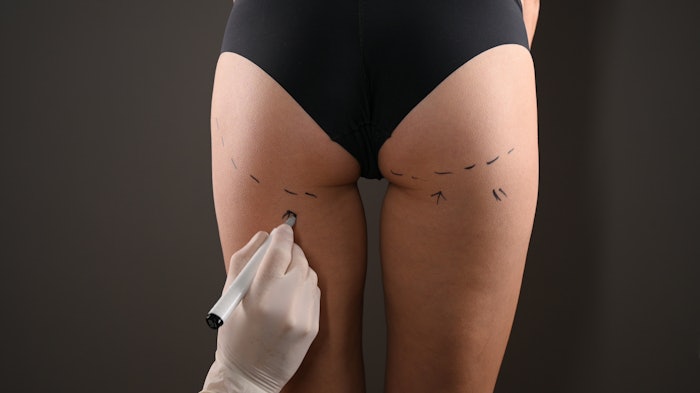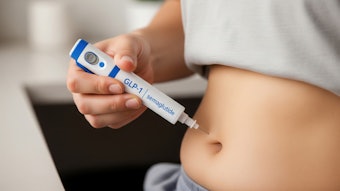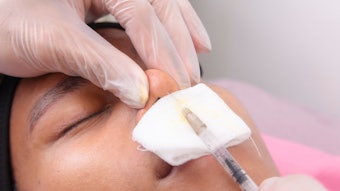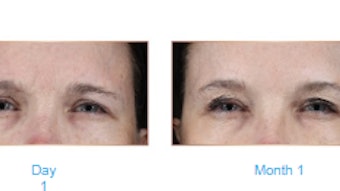
Florida’s first plastic surgery bill, HB 1471, which details specific training and educational measures to properly perform gluteal fat grafting procedures, went into effect on July 1, 2023. The bill mandates the use of ultrasound guidance to ensure fat is only being injected into the subcutaneous space. It also prohibits surgeons from meeting patients for the first time on the day of the surgery and forbids them from delegating the surgical procedure to a nurse or an assistant.
According to the American Society of Plastic Surgeons, gluteal fat grafts, more popularly known as Brazilian Butt Lifts (BBLs), are known to have one of the highest mortality rates of any cosmetic surgery. Despite being considered one of the most dangerous cosmetic surgeries, it has also been one of the fastest-growing cosmetic procedures in the world. Per the International Society of Aesthetic Plastic Surgery’s Global Survey, the number of BBLs performed globally increased by 77.6% from 2015 to 2021.
The new Florida State law requires physicians to use “ultrasound guidance when placing and navigating the cannula and injecting fat into the subcutaneous space,” as well as, “maintain the ultrasound video recording in the patient’s medical record, including the time and the date stamp.”
“During BBL surgery, it is crucial to avoid going too deep and injecting fat into superior and inferior gluteal veins because the fat can then travel to the lungs, causing a pulmonary fat embolism,” said S. Alexander Earle, M.D., a double board-certified plastic surgeon in Miami. “Pulmonary fat embolism is the major cause of BBL deaths. The ultrasound imaging allows the surgeon to see exactly where to place the fat, which decreases the risk of injuring gluteal veins while improving aesthetic results.”
Dr. Earle, founder of Pure Plastic Surgery in Miami, started incorporating ultrasound technology into BBL procedures in 2019. He also designed his own version of the procedure, called the South Beach Butt Lift, that uses ultrasound guidance and small, hidden liposuction incisions that provide a signature upside-down, heart shape with proportionate and discrete results.
“The BBL safety law in Florida is a necessary action taken to save lives,” Dr. Earle said. “Fortunately, I realized this back in 2019, and to better protect our patients at PURE Plastic Surgery, we adopted ultrasound imaging technology to provide the visual improvement needed to perform BBLs under safer conditions. The Florida law did not change the way we perform BBLs at PURE because we were ahead of the curve.”
The law has been praised by industry experts, including the American Academy of Cosmetic Surgery (AACS) and the American Board of Cosmetic Surgery (ABCS). Alex Sobel, D.O., FAACS, current president of AACS and past president of ABCS, as well as the owner of Anderson Sobel Cosmetic Surgery, applauds the legislation for focusing on education, for both patients and surgeons.
“It is an important bill for patient safety, public awareness and especially surgeon awareness,” Dr. Sobel said. “Cosmetic surgery is just not taught in conventional training scenarios, so there’s a complete training deficit in many cosmetic procedures and especially BBLs because there is no reason for a resident to ever be trained in it. In fact, most residents want to be trained and have to take vacation time to go study it. If you haven’t been trained, if you haven’t studied, if you don’t care about this and don’t have sufficient experience and mentorship, you shouldn’t be doing the procedure. That’s what House Bill 1471 really captures. They got it right.”
Look out for part 2 of this series in the MedEsthetics January/February 2024 issue!











